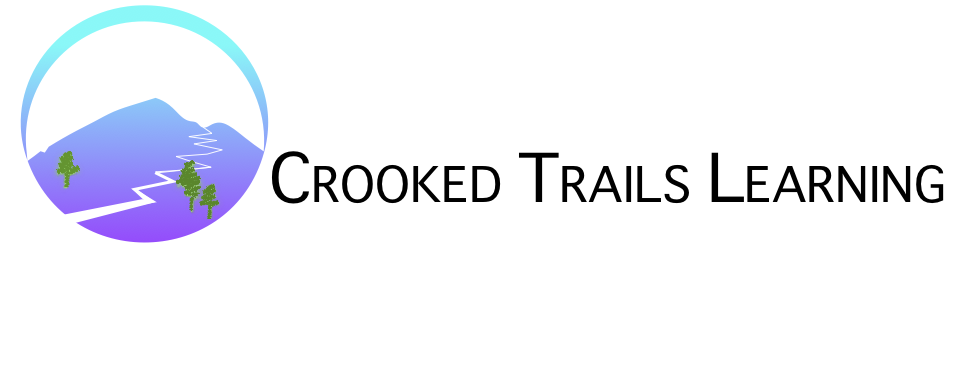New Board Game Ideal for CI Language Class - Cthulhu and the Verb 'to have'
/Last night I played a new board game (actually a card game) that is absolutely ideal for Comprehensible Input in any language: it is quick, fun, easy-to-learn, and requires only a few repetitive sentences to play. The sentences are of this type: "I have two elder scrolls", "I have the Cthulhu", "I don't have anything", "What do you have?" More advanced language speakers might ask "What did you say?" or proclaim "She is not a detective, she's a cultist!" Is your interest piqued? Then read on!
Cthulhu is a game of "secret identities, deduction and deception". Each player is secretly dealt a hand of cards and a role - detective or cultist. The detectives win if they can reveal enough elder scrolls. The cultists win if the Cthulhu is revealed. Each player tries to get the other players to draw (or not draw) from her hand, revealing scrolls, amorphous blue nothing rocks, or the dreaded Cthulhu. For example, if you are a detective, and you want the other detectives to draw from your hand because in your hand you do have scrolls to reveal, you might say "I have three elder scrolls." But what if you are a cultist and you happen to have a Cthulhu in your hand? You might also say "I have three elder scrolls", in the hopes that the detectives might be taken in by your lie, draw from your hand, and reveal the Cthulhu. In that case, you, a cultist, wins, and the detectives lose!
So you can see, for a game that requires just a little language, there is a lot of interesting strategy and social interaction. This game is very easy to learn, although I would definitely explain the rules in English. Teachers will also want to add a few choice phrases: "Liar!", "I don't believe you!", "It's the truth, I swear!"
The game is for 4 - 6 players, lasts 10 - 20 minutes, and costs about $11 on Amazon. Middle schoolers through adults will really enjoy it. And by the way, according to the deeply knowledgeable friend who introduced this game to us, it is pronounced "Kah thoo loo".

